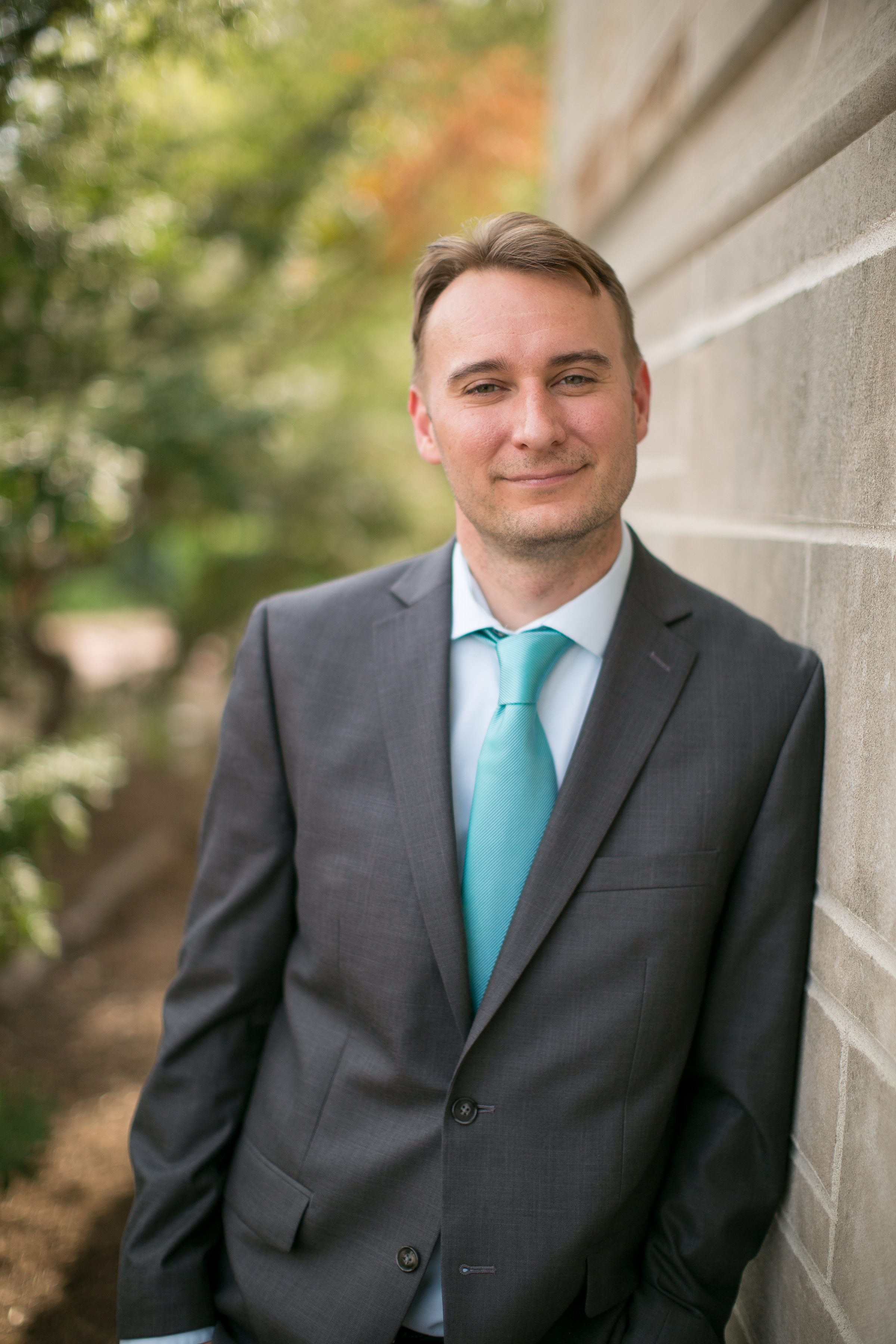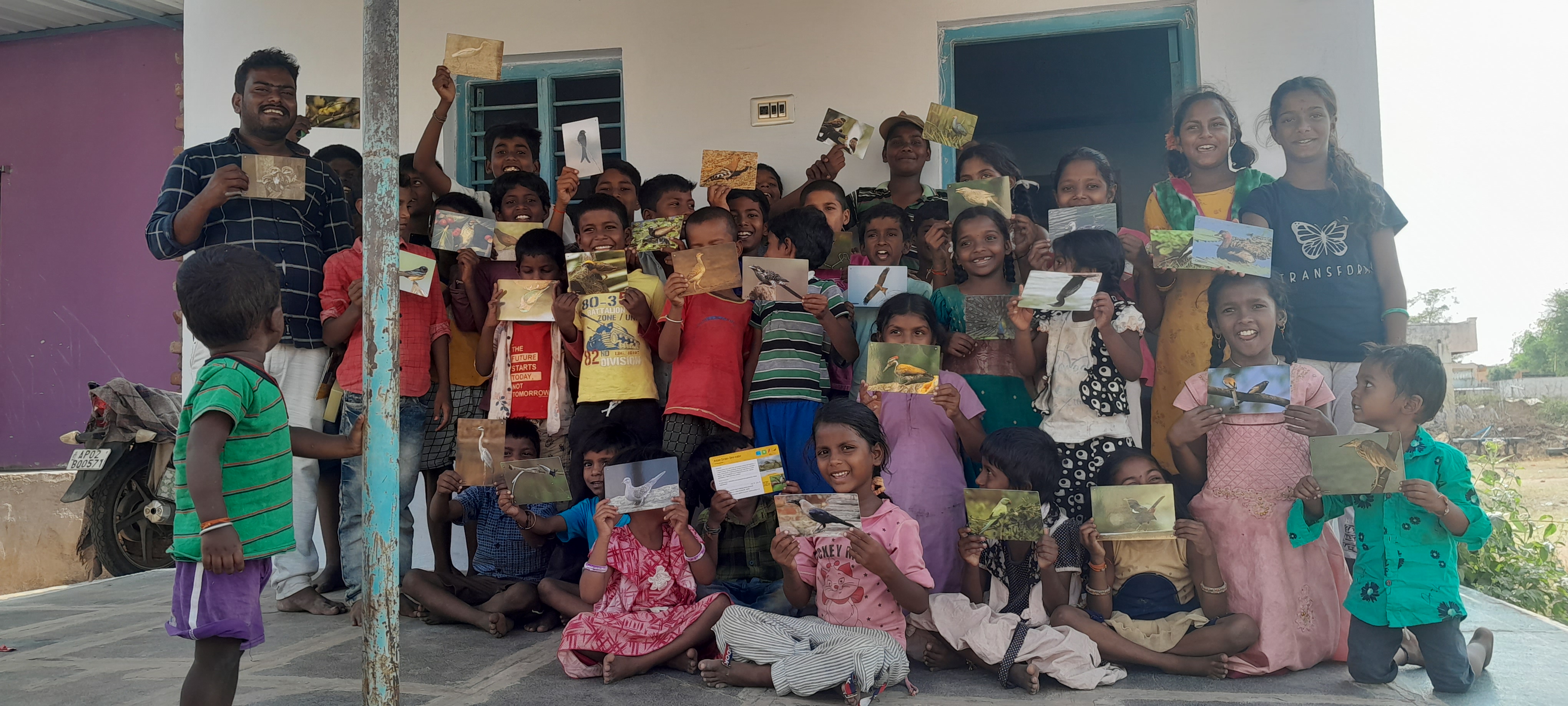
2023 Scholar Awardee
Working together with scholars from diverse disciplines, Dr. Marco Janssen studies the conditions of self-governance of shared resources in the field, the lab, cyberspace, and outer space. Using behavioral experiments, computational models, and case study comparison, his work has contributed to methodological diversity in studying the governance of the commons. His work demonstrates the importance of a participatory process to derive sustainable outcomes. Those insights are applied to using games as intervention tools, for example, for groundwater governance in India. Dr. Janssen has also helped to increase access to research outcomes via contributions to practices of open science, open-access publishing, and virtual conferences.
To know more, visit https://marcojanssen.info/
2023 Practitioner Awardee
Seva Mandir’s work over fifty years has emphasised revitalisation of ecological commons in western India by strengthening relationships between impoverished rural communities and their lands. The organisation stresses the use of democratic methods including participatory decision-making. Grounded in Gandhian principles of dialogue and inclusiveness, the process champions collective good over self-interest. The work has regenerated pastures, sacred groves and forests, created carbon sinks, and engendered sustainable livelihoods. This has fostered a social revolution, producing grassroots leaders and strengthening social relations across genders and marginalised groups. Seva Mandir aspires to empower more communities to overcome fragmentation, and find common ground and purpose, across broader geographies.
To know more, visit https://www.sevamandir.org/
Finalists

Scholar
Dr. Shackelford’s research analyzes pressing legal and policy issues at the intersection of law, ethics, property, and peace with a special emphasis on the interrelated fields of cybersecurity, Internet governance, and sustainability. Property rights have long intrigued him since they are a foundation for so many important issues ranging from sustainable development to defining privacy in the digital age. In brief, he studies governance best practices allowing organizations of all sizes to better meet their risk mitigation goals, including managing cyber attacks. He is also interested in how businesses, nations, and ultimately the international community can partner to address global collective action challenges across frontiers. The unifying theme in his research agenda is the sustainable development of common pool resources and the protection of critical global infrastructure from misuse, overuse, and abuse.

Practitioner
The Timbaktu Collective is a grassroots, not for profit, organisation working towards the sustainable development of marginalised people across 250 villages in the ecologically challenged and drought affected landscapes of Ananthapuramu and Sri Sathya Sai districts of Andhra Pradesh, India. Established in 1990, the Collective partners with about 40,000 families through its various thematic programmes. It believes that the sustainable livelihood of the marginalised is intrinsically connected to restoration and management of commons. The first imitative of the Collective was an experiment in restoration of a piece of barren land which was called Timbaktu. The Collective’s work on community conservation of common lands resulted in creation of the Kalpavalli Community Conservation Area (KCCA), otherwise locally known as Kalpavalli (the eternal source of abundance). It is a 4,000-acre community conserved reserve. A remarkable and challenging effort to manage and conserve a unique dryland habitat - for people, plants and animals.
To know more, visit https://timbaktu.org/
Practitioner
Kalanihale was established in the rural fishing village of Milolii, South Kona Hawaii. Founded by Ka’imi Kaupiko and the next generation of stewards of Hawaii. We focus on youth resiliency through place-based learning, we care for the health and well-being of our kanaka, and we fight for the protection and preservation of our culture and our marine resources. Our vision is that Milolii will be a thriving Hawaiian fishing community with a strong sense of place and identity.
To know more, visit https://www.kalanihale.org/
Practitioner
Comunidad y Biodiversidad, A.C. (COBI) promotes the conservation of marine biodiversity and the establishment of sustainable fisheries through effective stakeholder participation. COBI seeks a balance of capacities and opinions between those who generally have the power to influence fishery management and groups who are unrepresented. COBI, in collaboration with small-scale fishers (women and men), have co-created demonstrative models to avert the tragedy of the commons in fisheries to promote restoration using community-based approaches. COBI has a unique problem-solving approach that engages communities to lead and take collective action for improving governance in coastal communities.
To know more, visit https://cobi.org.mx
